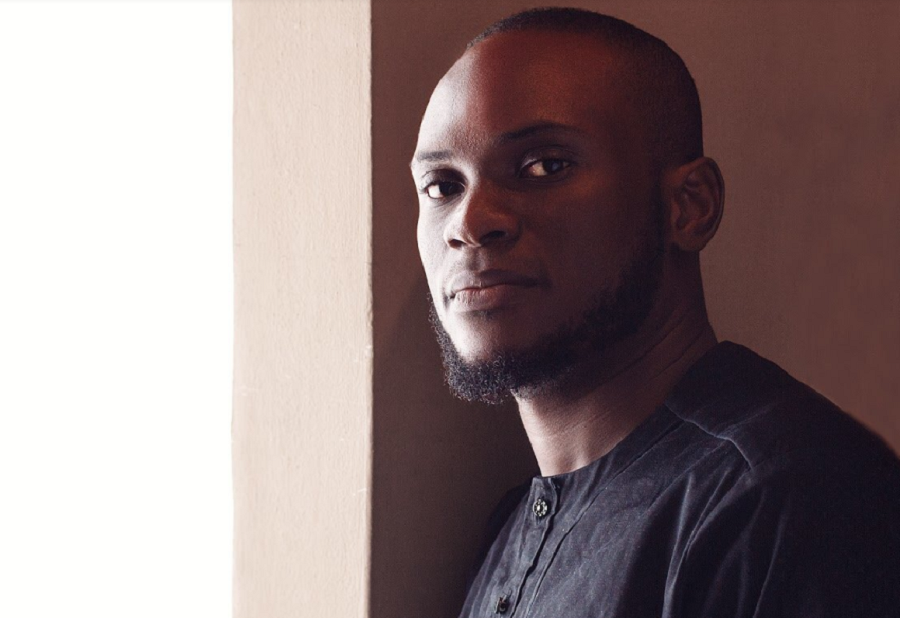From earlier centuries, practically every industry has undergone drastic changes to keep up with the times, except for the education industry which remained largely the same. For many, the tussle might have been how to preserve the individual relationship in teaching and learning, while also scaling along with the modern-day business model.
It appears that Gradely has figured out how to individualise the learning process while scaling.
Gradely is a learning platform for schools and students that uses data, from assessment to personalising resources and providing recommendations tailored to meet students’ needs. Unlike the typical classroom scenario where students are lumped together and taught the same content in the same way irrespective of their different levels of comprehension and capabilities, learning the Gradely way means each student can have video lessons, tutor sessions, assignments, quizzes, mock tests, etc. tailored to them.
Co-founder and Chief Executive Officer of Gradely, Boye Oshinaga, recounted during the Nairametrics Business Half Hour that the inspiration came after an encounter with a parent who complained bitterly about her child failing a particular subject repeatedly.
Obviously, the general teaching methods used for the class was not as effective for the child in relation to that subject. The situation called for what some might want to refer to as “bespoke teaching services.”
“I have had a lot of experience creating content and technology for education, so when I saw this problem, I knew there had to be a way learning could be tailored based on the child’s assessment to make him study more in his weak areas and improve subsequently,” Oshinaga said.
This definitely resolves a lot for both teacher and student. After all, why would a child want to spend same time learning his weak subject – Mathematics – as the child who has mathematics as her area of strength?
So how does this bring money to the company?
From the experience Oshinaga had gathered in his years in the tech space, and from the findings from their pilot study, he knew that he had to find a way to get the funds trickling in, otherwise the business would be reduced to a not-for-profit venture.
Gradely was structured to function on a subscription basis, where schools paid a certain amount to get their teachers access to the premium features including examination questions, lesson notes and others. Parents also got to pay a fixed amount of N1500 monthly to get their children access to the content and an optional N2500 fee for a live tutor session for the child.
“We plan to get to the point where we have millions using the product,” Oshinaga said, further emphasising that it is all about scaling.
The COVID-19 catalyst
Less than seven months after Gradely started operations, the COVID -19 crisis came into Nigeria and in no time, businesses and schools were shut down. When the lockdown stretched from the expected 14 days and seemed to drag on endlessly, more parents and schools started exploring alternate learning plans.
This was the right time for Gradely to experience an upsurge in demand for its products and it did.
“A lot of requests came for some products and some of them wanted it within the shortest possible time. Even though we already had plans underway, we could not meet up with some of their timelines, but we pushed through because now, we had excess demand for a product we had not even perfected,” Oshinage explained.
The business that had started in October 2019 gained traction in no time because people were looking for what could help children learn more as they were spending more time at home and needed a system that was compatible with the ‘new normal’ and the uncertainty of schools reopening.
Even with the lockdown over, parents are still in search of forms of online learning that may help children learn at home because students are obviously spending more hours at home now than they did a couple of years back. What many thought was a temporary fix for the lockdown may have become a definite addition to the educational sector.
There is the possibility of exploring a whole comprehensive learning online that could make physical learning complementary, and according to Oshinaga, this could chart the future direction for the company even as it expands to the rest of Africa.
